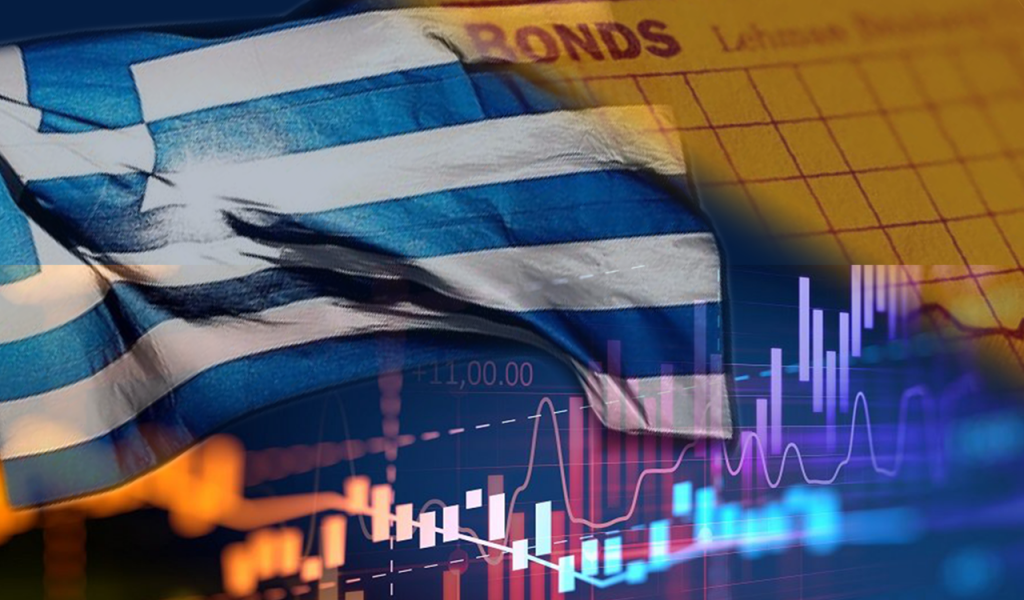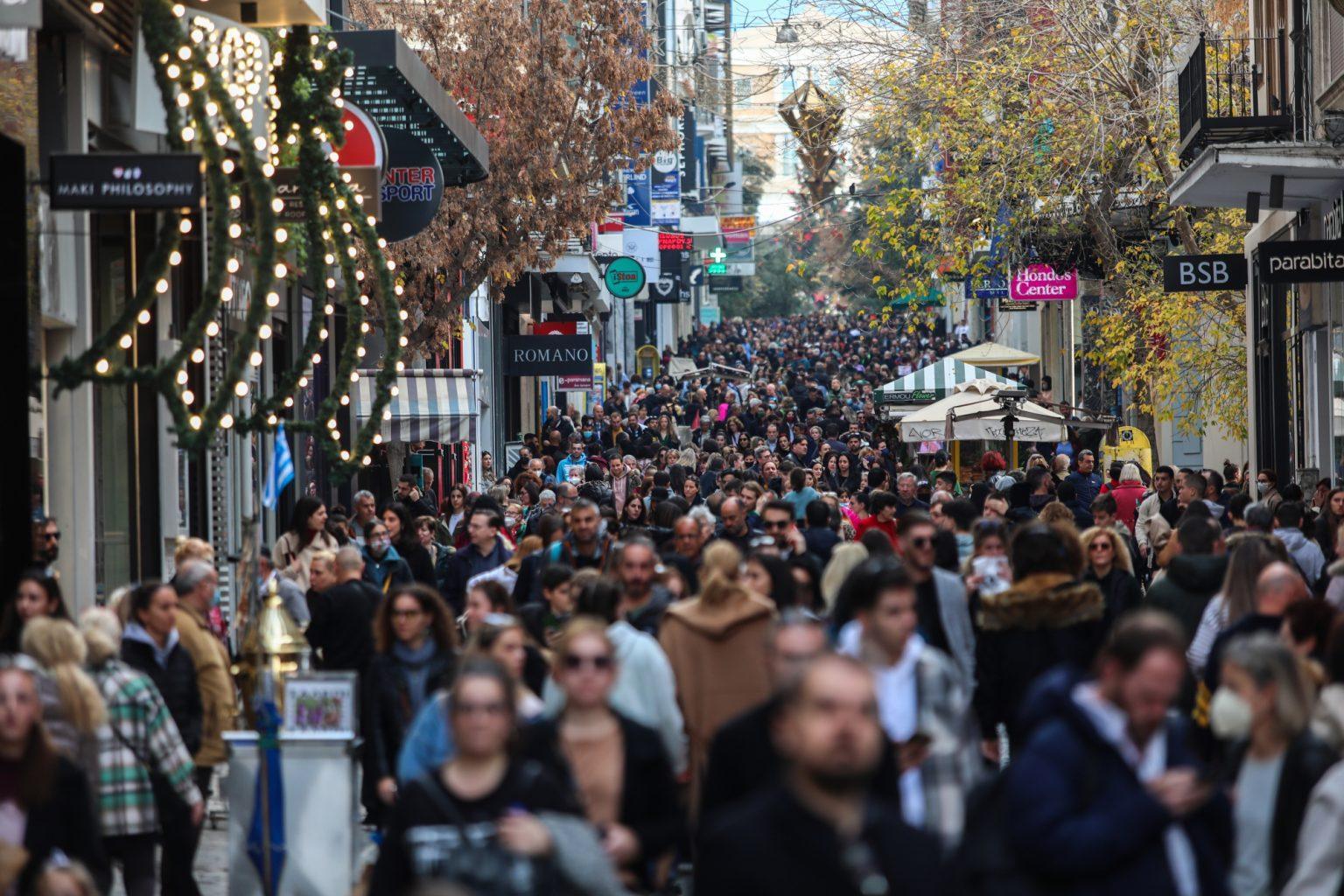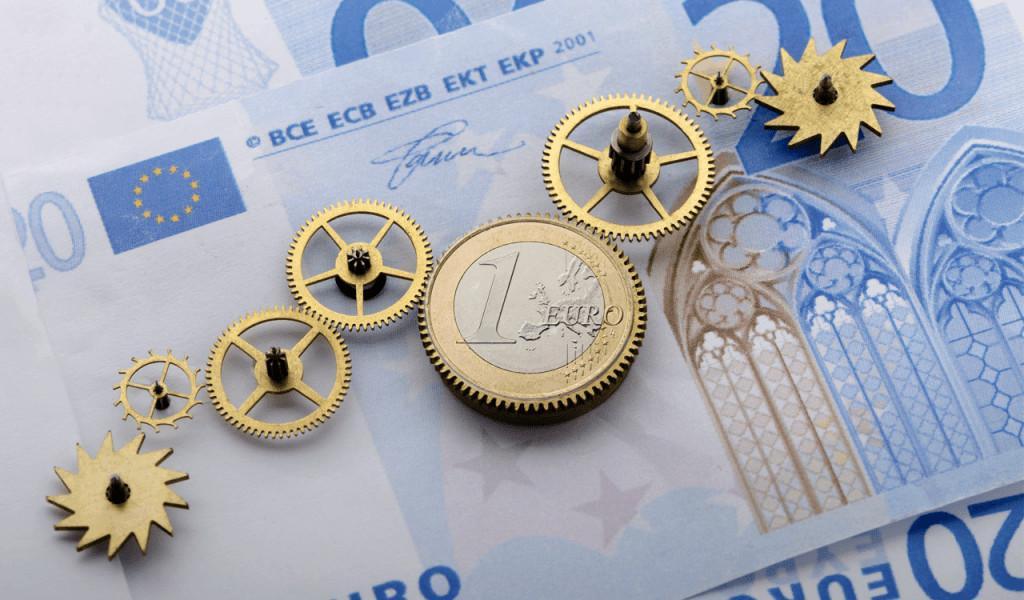Experts predict holidays “in the company” of jellyfish in the Greek seas again this year.
The purple jellyfish (Pelagia noctiluca, a.k.a mauve stinger), which are the most toxic and the most dangerous for humans, have made their appearance in the Greek seas.
Purple Jellyfish: Please allow me to introduce myself
Pelagia noctiluca is considered the most important stinging jellyfish in the Mediterranean Sea. Both its tentacles and—unusual among jellyfish—the bell are covered in cnidocytes (stinging cells), and even recently dead, stranded individuals can sting.
Specifically, in Greece they have been observed mainly in the Ionian Sea, Paxos and Corfu, and in some isolated cases on beaches in Attica and in the southern Peloponnese.
According to scientists’ estimates, the temperature of the sea has increased this year by one degree Celsius and the temperature on land by 1.5 degrees.
This phenomenon is directly linked to climate change.
What can citizens do?
Citizens, on seeing jellyfish, can take a picture of it and “upload” it to inaturalist.org with the type of jellyfish, the date they saw it and the exact location.
Thus, the special Google map is updated, bathers know at all times where jellyfish are present and at the same time help researchers and biologists to observe them better and to understand the phenomenon.
Parents should not catch the large jellyfish or throw them on the beach, because they leave cnidocytes (stinging cells) in the water, which float on the surface, and may stick to bathers causing itchiness and a rash.
Bathers are advised to have some ammonia in their bag or some gel for relief of itching. For those who are allergic or have some sensitivity, it is better to avoid contact with jellyfish during this time.
As for phytoplankton that create a kind of “muck”, biologists emphasize that it should not worry anyone because it is dead matter caused by the high summer temperatures.





































